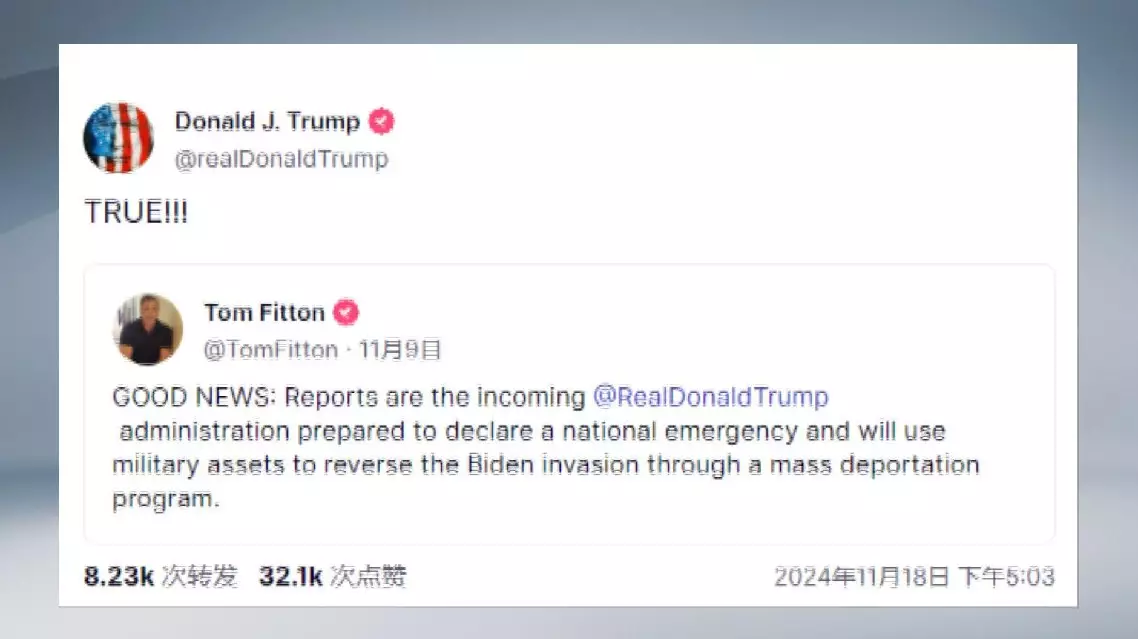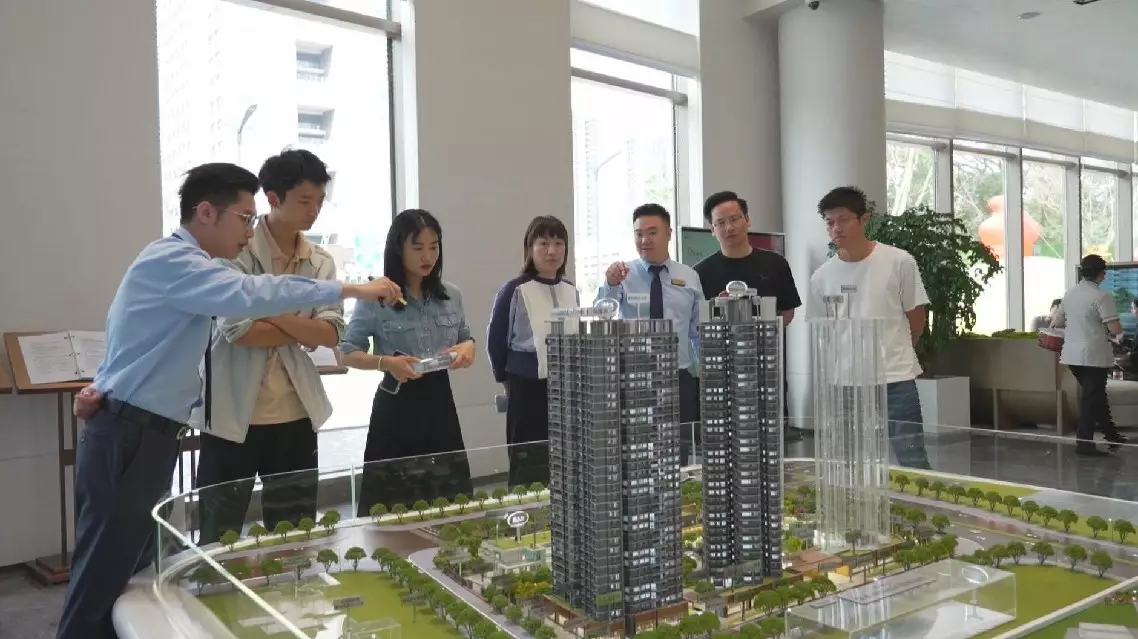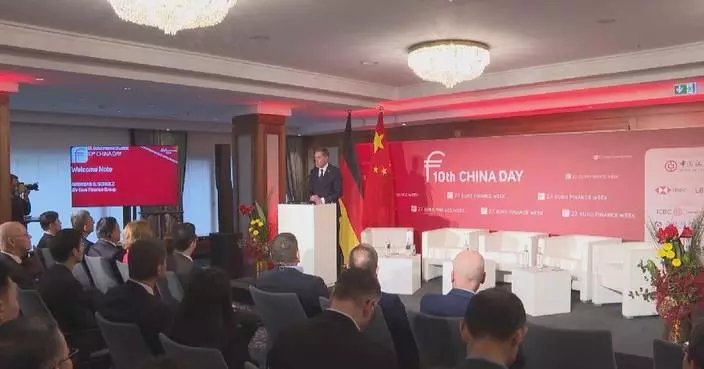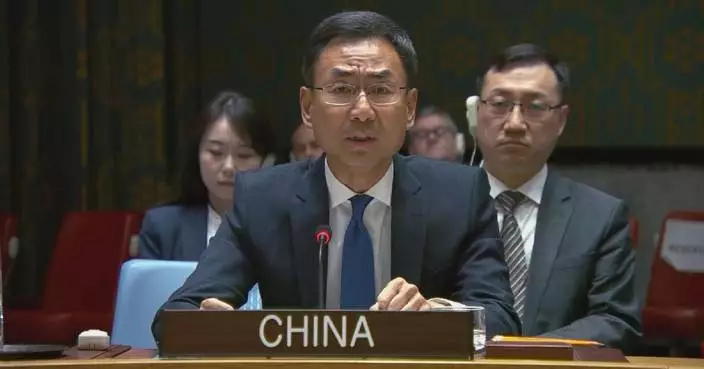President-elect Donald Trump of the United States confirmed on Monday that he plans to use the U.S. military to carry out a mass deportation of undocumented migrants when he would declare a national emergency.
On his social media platform, Truth Social, Trump responded to a post on Nov 9 by Tom Fitton, an American conservative activist.
The post said that Trump's administration would "declare a national emergency and will use military assets" to address illegal immigration "through a mass deportation program."
Trump posted "TRUE!!!" in response to Fitton's post and reposted it, deliberately capitalizing every letter of his word with three exclamation marks.

Trump confirms plan to use military in emergency
Recent government policies in China aimed at stabilizing the real estate market have had a noticeable impact on cities like south China's Shenzhen and Guangzhou.
In late September, Shenzhen introduced measures to further optimize the steady and healthy development of its real estate market. As a result, the city reported a significant uptick in housing transactions, with about 8,300 second-hand homes signed in October - the highest in 45 months.
According to the Shenzhen Housing and Construction Bureau, from Nov 1 to 17, the total number of first-hand residential units sold exceeded 6,640, a 7-percent increase over the same period in October. Second-hand residential online transactions also surged, with about 4,090 units sold, marking a 51 percent month-on-month rise.
On Nov 13, the Ministry of Finance and other departments announced new tax policies to support the real estate market. The updated regulations expand deed tax incentives, raising the eligibility threshold for a 1-percent tax rate from 90 square meters to 140 square meters.
Chu Weiwei, a real estate agent in a central Shenzhen office, highlighted the positive impact of the tax reduction on buyers, especially those whose properties exceed the previous size limit. For instance, a buyer of a 100-square-meter home priced at 80,000 yuan (11,060 U.S. dollars) per square meter in Nanshan District could save 40,000 yuan (5,530 U.S. dollars) in transaction taxes. For families purchasing a second home, savings could amount to 160,000 yuan (22,120 U.S. dollars).
"This is a great stimulus for our customers. For example, I have customers who have been with me for almost four years and recently closed the deal," Chu said.
The rise in second-hand home transactions extends beyond central areas. Following the easing of purchase restrictions in non-core regions, the number of buyers from outside Shenzhen has grown significantly.
"Among the visitors to our property, both for viewings and transactions, over 10 percent are non-local residents. Many of them are from nearby places like Dongguan City, while some from Fujian and Hubei Provinces," said Zuo Panpan, a representative from a local real estate firm.
Meanwhile, in Guangzhou City, the local Development and Reform Commission recently released a draft for public consultation that aims to simplify the household registration process. The proposed revisions seek to lower barriers and broaden access for residents.
The draft significantly relaxes residency requirements for talent, eliminating age and social security restrictions. It also extends the age limits for doctoral, master's, and bachelor's degree holders by five years.
Additionally, Guangzhou is introducing a differentiated residency policy in several districts, including Baiyun and Huangpu. Individuals who own legal property and have paid social insurance in the city for over a year will be eligible to apply for household registration.
These policy changes are expected to bring increased demand for housing, particularly in urban areas.

Real Estate policies boost housing market in south China










